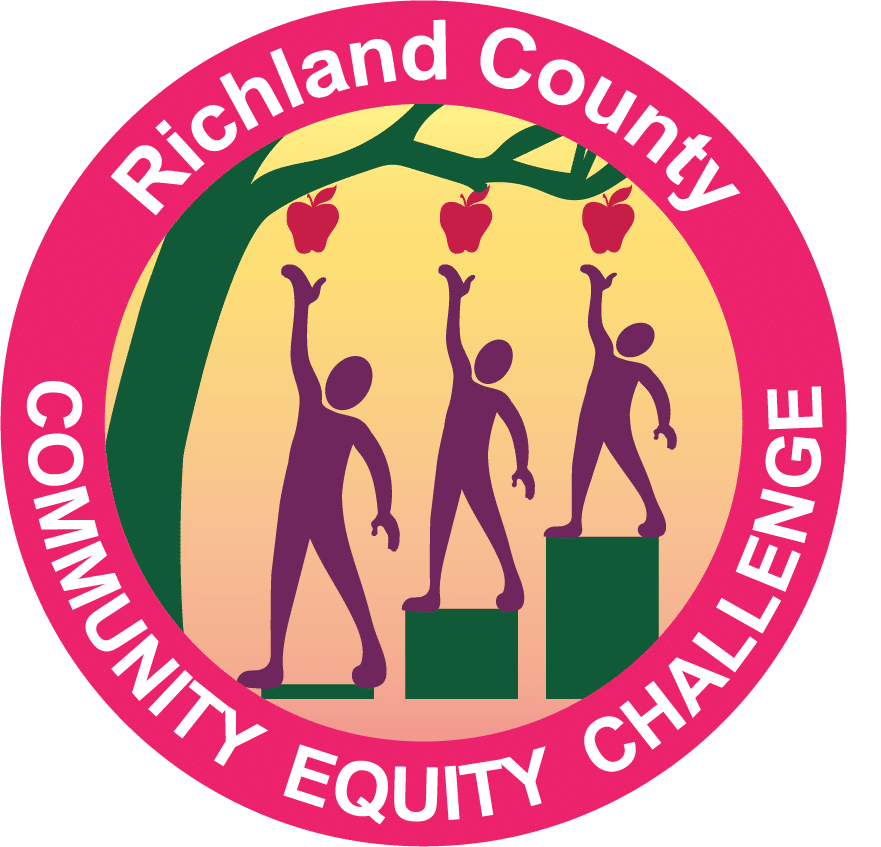
About the Richland County TASK FORCE ON RACISM
What is the task force and why do we have one?
The Richland County Task Force on Racism (RCTFOR) had their first meeting in September 2020. A group of 22 Steering Committee members was identified to represent 8 different community sectors: Business, Criminal Justice, Education, Employment, Healthcare, Housing, Mental Health, and Community Education. The Steering Committee utilized as their guiding document, The Richland County State of the African American Community Report, completed, then released January 2020 by the North End Community Improvement Collaborative (NECIC). The report uses information primarily from the American Community Survey (U.S. Census). The overall conclusion from the report is that African Americans in Richland County are lagging in every indicator of prosperity: median household income, poverty, food stamps, homeownership, employment, and, most concerningly, labor force participation rate.
The report uses information primarily from the American Community Survey (U.S. Census). The overall conclusion from the report is that African Americans in Richland County are lagging in every indicator of prosperity: median household income, poverty, food stamps, homeownership, employment, and, most concerningly, labor force participation rate.
What does the task force do?
Our Work

The RCTFOR developed Work Groups in all of the identified sectors listed above excluding community education. Each Work Group worked to understand the background of why African Americans struggle more often than our White community members and developed goals similar to the recommendations listed in the NECIC report. The overarching goal of the Richland County Task Force on Racism is to improve all areas of the social determinants of health for our Black residents.
Below you will see demographic data about Richland County. We encourage you to learn about and embrace new information regarding the impact of systemic racism and how it continues to hinder our entire community.

WORDS MATTER
Why equity and not equality?
Generally, equality is associated with treating people the same or people having equal access to resources and opportunities. Equity, on the other hand, considers the amount as well as the type of resources that each person needs to reach their highest potential. At some point, we have heard the terms equality and equity used interchangeably. However, it is important to note that while both concepts are key to social justice and deal with resources, they are significantly different.(https://www.nameorg.org/learn/what_is_equity.php)
Other key terms:
NECIC- North End Community Improvement Collaborative
NECIC’s original focus, and what defined the North End, were census tracts 6 & 7 – the area north of Park Avenue West between North Trimble Road and North Main Street. In 2013, NECIC’s Board of Directors voted to expand NECIC’s service area to also include census tract 16, the area referred to as “Little Kentucky.” (www.necic-ohio.org)
The Richland County State of the African American Report – This is a document created by NECIC. It was originally created and presented to the Richland County Foundation as part of a grant proposal. In January 2020, an article was published about the report in the Richland Source. This document has served as the guiding document for the work of the RCTFOR.
